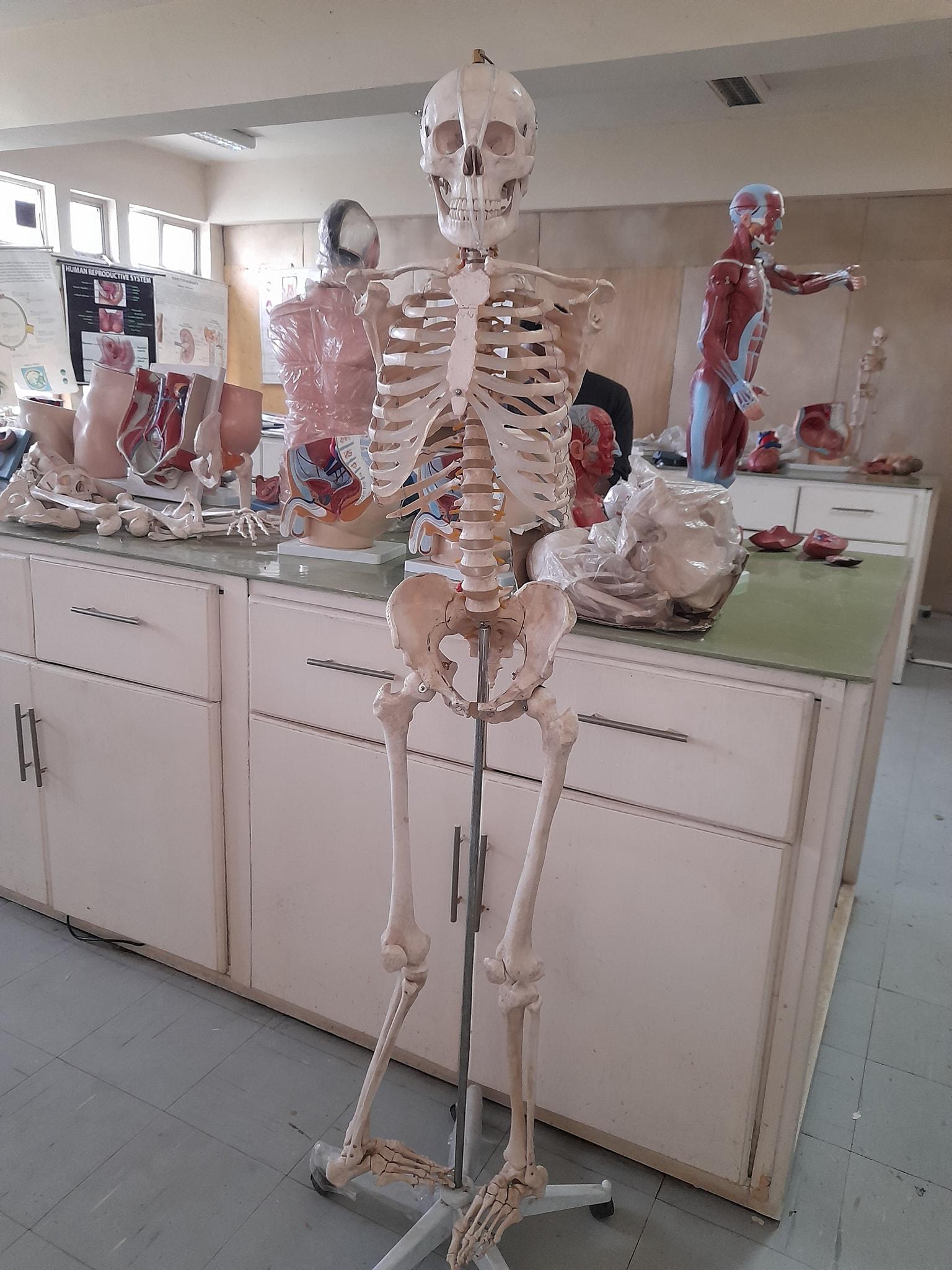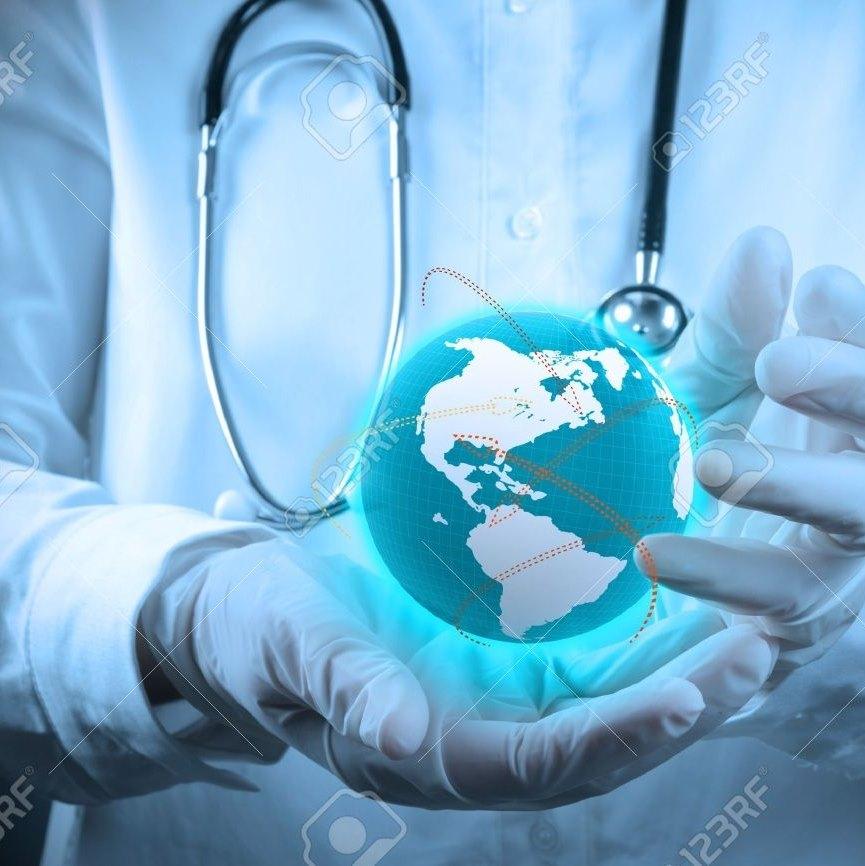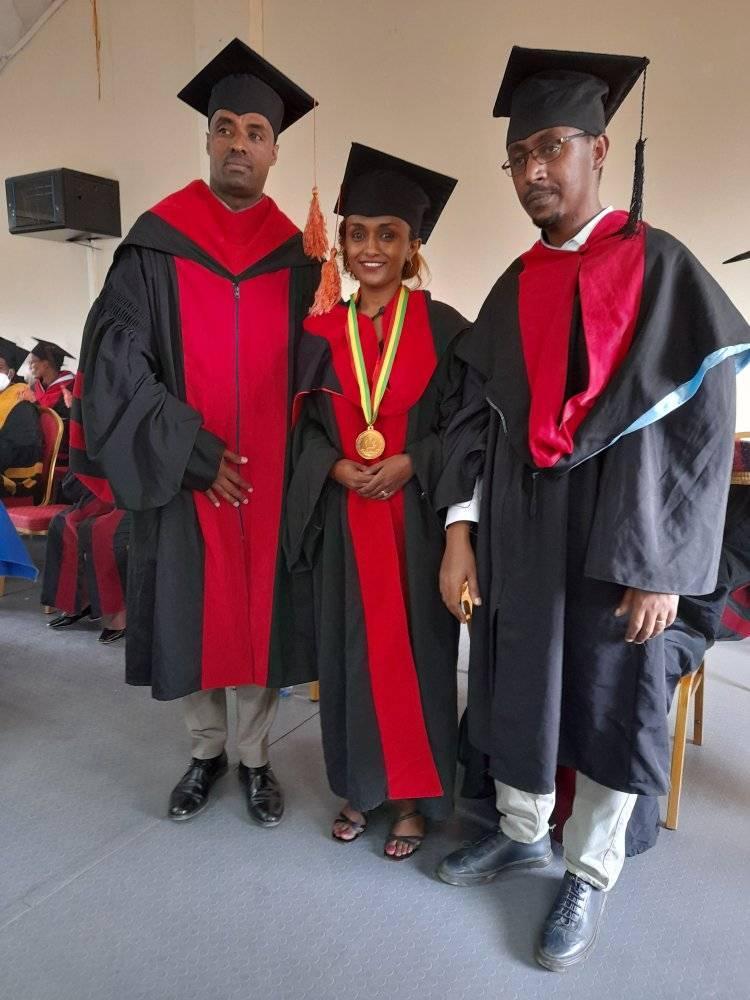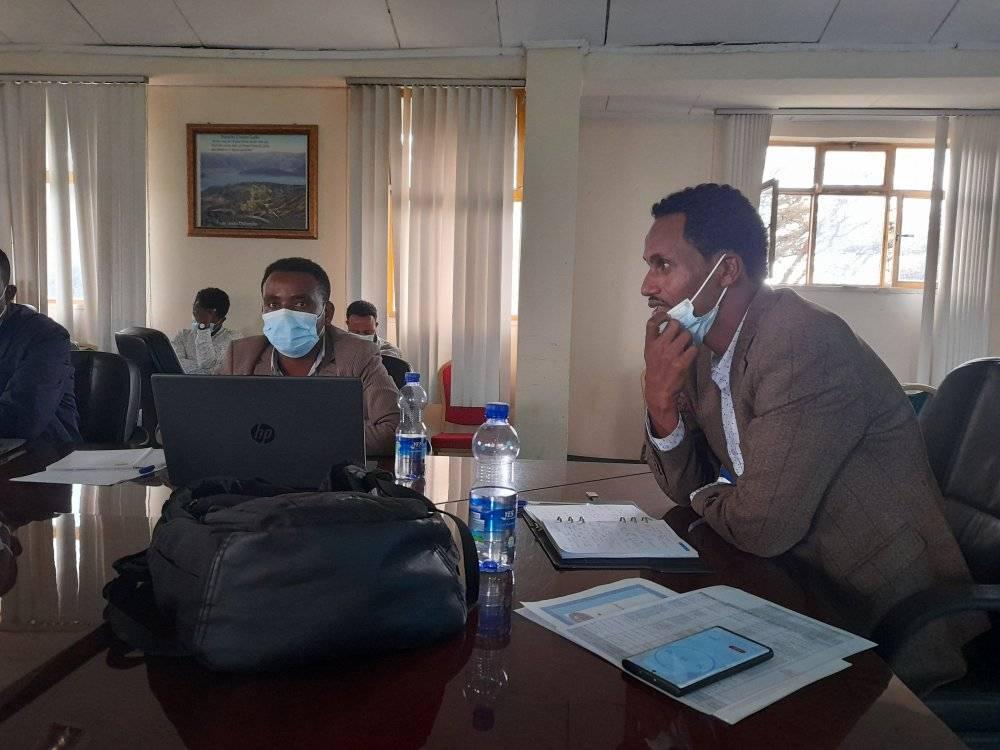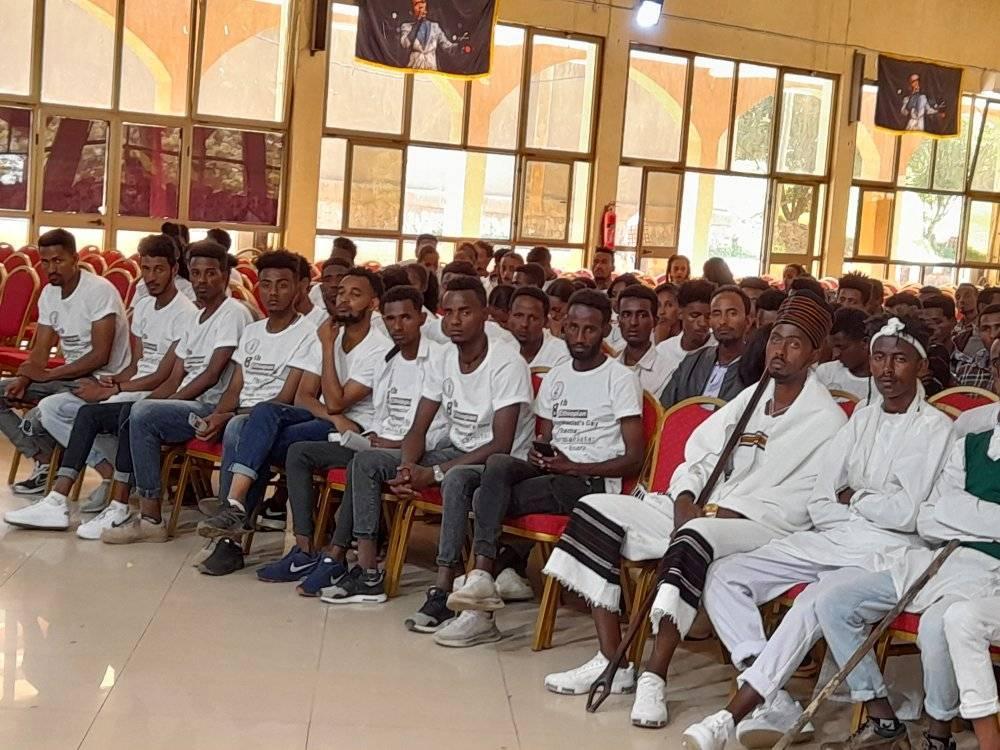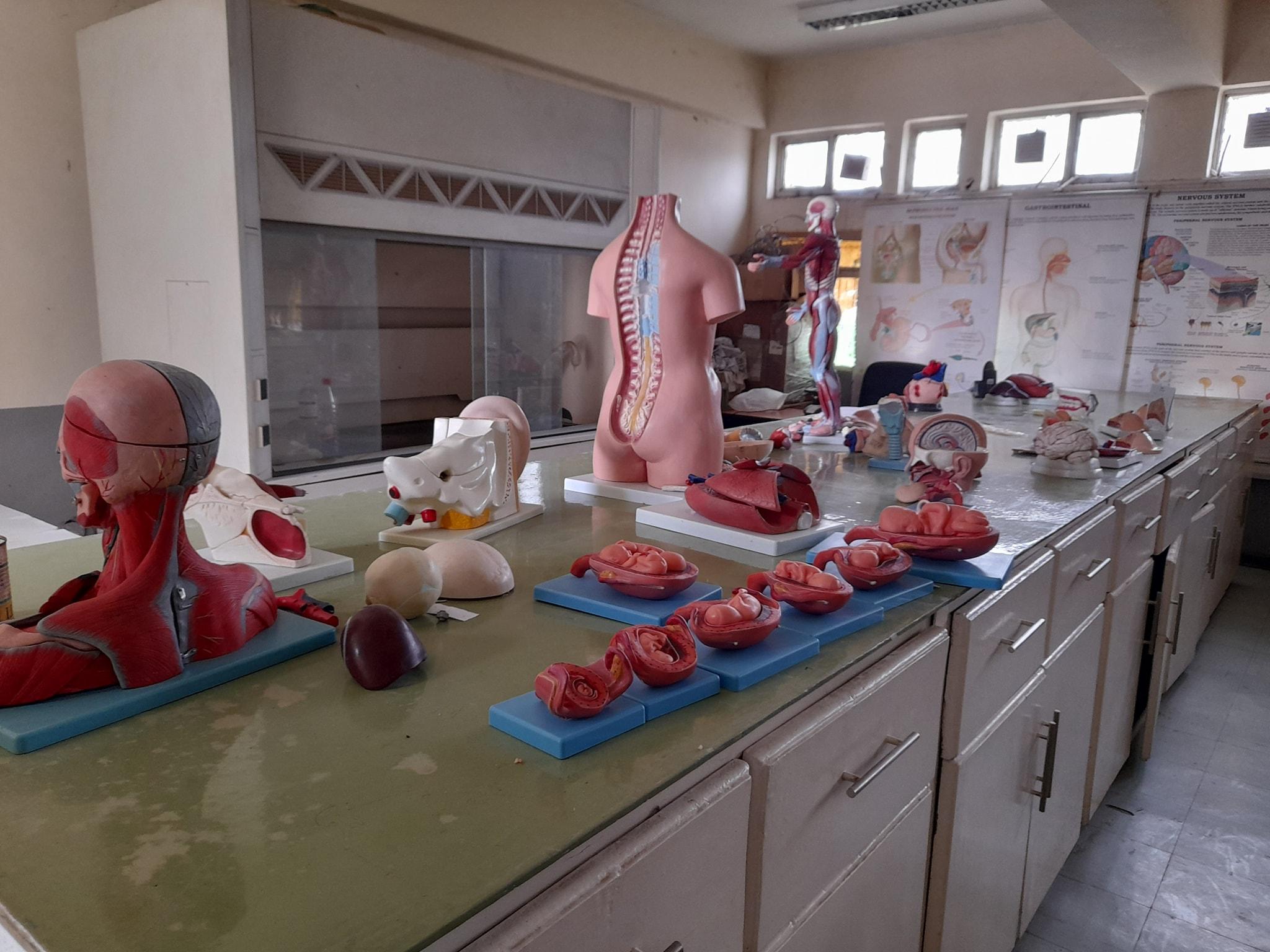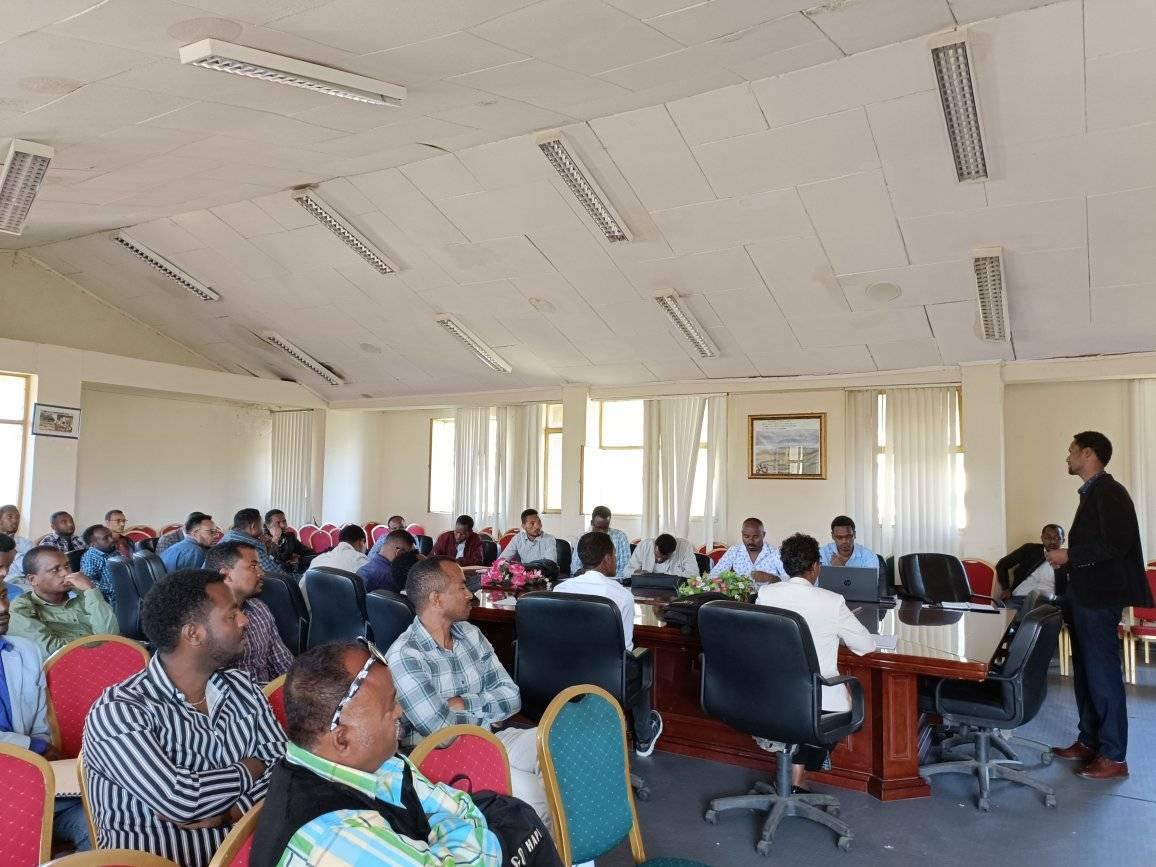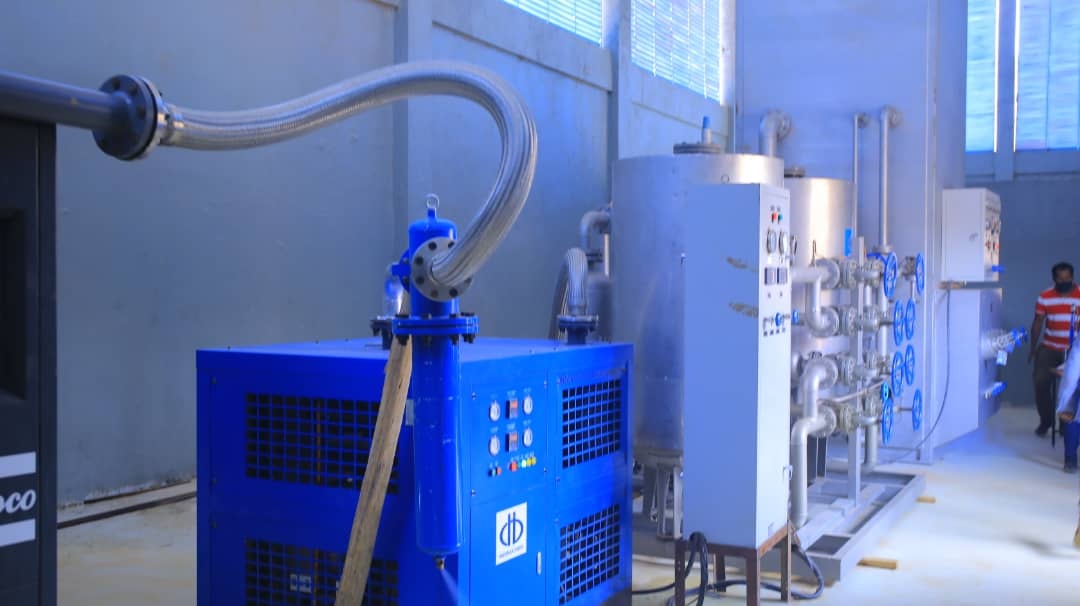Well Come to College of Medicine and Health Science
College of Medicine and Health Sciences was established in 2009 G.C, and the 2010 G.C, accepted health sciences students in three programs, namely, Public Health (73 students), Pharmacy (55 students), and Nursing (56 students) with only six (6) instructors at that time. In March 2011 G.C, the college launched New Innovative Medical Education Initiative (NIMEI) program and accepted 75 students to train for a Bachelor’s degree in Doctor of Medicine.
College of Medicine and Health Sciences of Ambo University has gone through a series of transformations since its establishment. In the last decade, the college has witnessed tremendous expansion in terms of field of study. The college, apart from undergraduate programs, has been highly engaged in the expansion and diversification of graduate programs. Currently, the college is running different undergraduate programs under 7 departments: Medicine, Pharmacy, Nursing, Anesthesia, Midwifery, Medical Laboratory Sciences, and Public Health. Additionally, 12 post-graduate programs including specialty programs in Internal Medicine, General Surgery, Pediatrics and Child Health, & Obstetrics and Gynecology, Master of Science in Medical Microbiology, Master of Science in Maternity & Reproductive Health, Master of Science in Adult Health Nursing, Master of Public Health in Nutrition, Master of General Public Health, Master of Public Health in Epidemiology, Master of Public Health in Reproductive Health, and Doctor of Philosophy (Ph.D.) in Medical Microbiology are being actively run under the college.
In its goal to assure the accessibility and equitability of Medicine and Health Sciences education, the college is striving to increase the number of post-graduate programs by opening specialty programs in Orthopedics, Master of Public Health in Health Service Management, Master of Science in Medicinal Chemistry, Master of Science in Clinical Pharmacy, Master of Science in Medical Physiology, Master of Science in Medical Biochemistry, Master of Science in Pharmaceutics, Master of Science in Pharmaceutical analysis, and Ph.D. in Public Health.
To this date (April 2023), the college has 225 on-duty academic staff, among which more than 100 are with the rank of Assistant Professor and above. Sixty percent of them own a second degree (MSc/MPH/Specialty) and above. Besides, 76 academic staffs are on-study leave. Similarly, the college has been developing its infrastructure capacity in the last decade. In addition to the Teaching Referral Hospital, the college has skill development laboratories and Biomedical Science laboratories (Anatomy, Biochemistry, Pharmacy, and Medical laboratory science).
In advance, the college is fulfilling its responsibility in creating a healthy and productive society. Accordingly, the college has established a COVID-19 testing laboratory which will have a crucial contribution to tackling the spread of COVID-19 in the public. The laboratory can also be used for molecular biology-related research activities.


